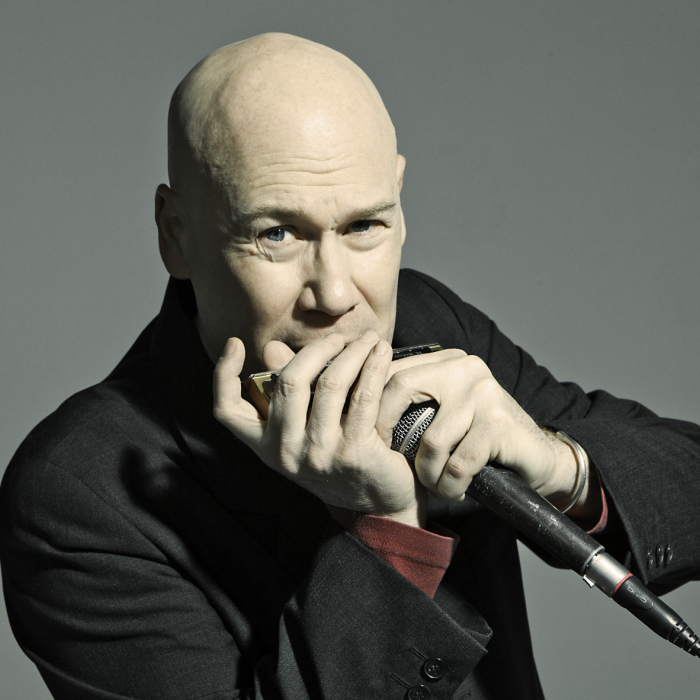Is Talent a Guarantee of Success?
 Temps de lecture/Reading time : 4 minutes
Temps de lecture/Reading time : 4 minutes
For as long as we can remember, people have believed that talent is the key to success. That an artist blessed with an exceptional voice, a unique pen, or a singular instrumental style would inevitably be recognized and celebrated. Yet, the history of music — and of the arts in general — proves otherwise.
How many bar singers, street guitarists, underground poets, or anonymous painters have a talent that sometimes surpasses that of international stars… yet never step into the spotlight? Conversely, how many heavily promoted artists, sometimes criticized for their lack of originality, dominate the charts and fill stadiums?
So let’s ask the question head-on: is talent really a generator of success?
The Myth of Innate Talent
We often associate success with some form of natural genius. Mozart the child prodigy, Picasso the visionary master, Billie Eilish a global star at 17… These figures fuel the belief that “extraordinary” talent is enough to open all doors.
But reality is more nuanced. Talent, no matter how dazzling, is only raw material. It must be shaped, refined, and maintained. Many musicians with immense potential never make it past this stage — lacking discipline, confidence, or simply resources.
As Thomas Edison once said: “Genius is 1% inspiration and 99% perspiration.” In art too, hard work and perseverance matter just as much — if not more — than raw talent.
Other Factors Behind Success
Artistic success, especially today, depends on a constellation of factors where talent is only one element among many.
1. Visibility and Communication
In the age of social media and streaming, an artist may have an extraordinary track… but if they don’t know how to promote it, they risk remaining invisible.
TikTok, Instagram, and YouTube now play a central role: a 30-second clip can launch a career. Some artists even go viral before releasing a debut album.
Conversely, talented but discreet musicians often drown in the endless ocean of digital content.
2. Networking and Opportunities
Success also depends on encounters. A producer who believes in you, a radio programmer who puts you on repeat, an opening slot on a big tour… these opportunities can change an entire trajectory.
Throughout history, many artists broke through because they were supported by a mentor or an influential label. Without that push, their talent might have remained in the shadows.
3. Cultural Context
Certain styles find their audience because they resonate with the spirit of the times. Rap in the 90s, electronic music in the 2010s, today’s afrobeat wave… A talented artist out of sync with cultural trends risks remaining marginal.
4. Luck
A factor often overlooked, but very real: the unpredictable. A viral video, an unexpected article, a film or advertising placement… Sometimes, everything changes in a single moment.
When Success Doesn’t Reflect Talent
We all know it: success does not guarantee artistic quality. Formulaic songs can become hits, while works of great richness go unnoticed.
- Some overexposed artists are criticized for lacking depth.
- Conversely, jazz, classical, folk, or experimental musicians remain largely unknown despite their impressive technical and creative level.
This is partly due to the music industry, which often favors image, profitability, and conformity to trends. A highly talented but atypical artist may unsettle a system that prefers to invest in what is “bankable.”
Redefining Success
Perhaps the real question is not whether talent leads to success… but rather, what success truly means.
- Commercial success: sales, streams, sold-out shows, fame.
- Artistic success: recognition from peers, freedom to create, personal fulfillment.
- Human success: reaching a loyal audience, however small, and giving meaning to one’s journey.
A musician may never be played on the radio and still have a real impact — by inspiring their community, transmitting emotions, educating, or challenging perspectives.
Many independent artists embrace this path: living from their art on a human scale, without seeking superstardom.
A Few Lesser-Known Artists Close to My Heart
S.U.P (Supuration) https://www.supuration.fr
A cult French progressive/death metal band, S.U.P (formerly Supuration) is known for their dark, conceptual, and profoundly unique universe. Each album unfolds like a cinematic story, blending extreme heaviness with ethereal atmospheres. True pioneers of the French underground, they remain largely ignored by the general public, despite a rich and influential discography.

Olivier Ker Ourio https://www.kerourio.com
A harmonica player from Reunion Island, Olivier Ker Ourio is one of the great masters of his instrument. At the crossroads of jazz, world music, and his Creole roots, he creates a sound of rare finesse, full of poetry and lyricism. Admired by fellow musicians yet discreet in the mainstream, his immense talent deserves a far wider audience.

Pagan’s Mind https://www.pagansmind.com
From Norway, Pagan’s Mind blend progressive and power metal with formidable technical mastery and a powerful sonic identity. Their compositions, fusing instrumental virtuosity with soaring melodies, have won them a loyal following — yet they remain in the shadows of bigger names. They prove that it’s possible to be both innovative and accessible, without ever breaking into the mainstream.

Jonas Hellborg https://hellborg.com
An exceptional Swedish bassist, Jonas Hellborg has collaborated with legends such as John McLaughlin and Shawn Lane. A virtuoso who always puts his playing at the service of the music, he explores a vast spectrum ranging from jazz fusion to traditional Indian music. Though widely respected by insiders, he remains a confidential figure — a clear reminder that virtuosity does not automatically lead to fame.

Conclusion
Talent is an essential asset, but it does not guarantee success. Artistic achievement is born from a complex blend: hard work, strategy, visibility, encounters, cultural context… and a good dose of luck.
Rather than reducing an artist’s value to their notoriety, perhaps we should broaden our definition of success. After all, isn’t the greatest accomplishment of a creator to move even a single person deeply?